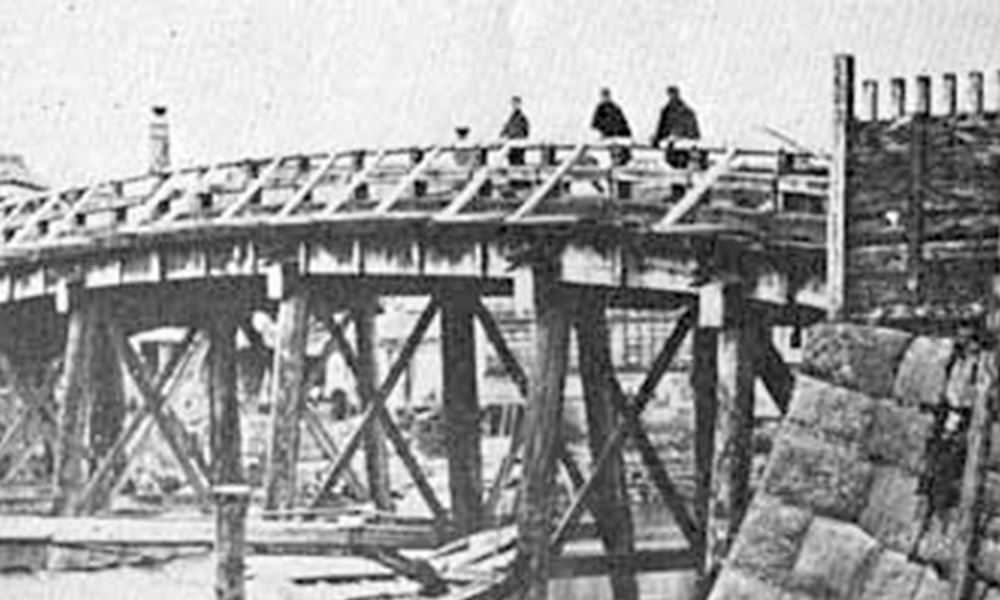
1872年東京 日本橋
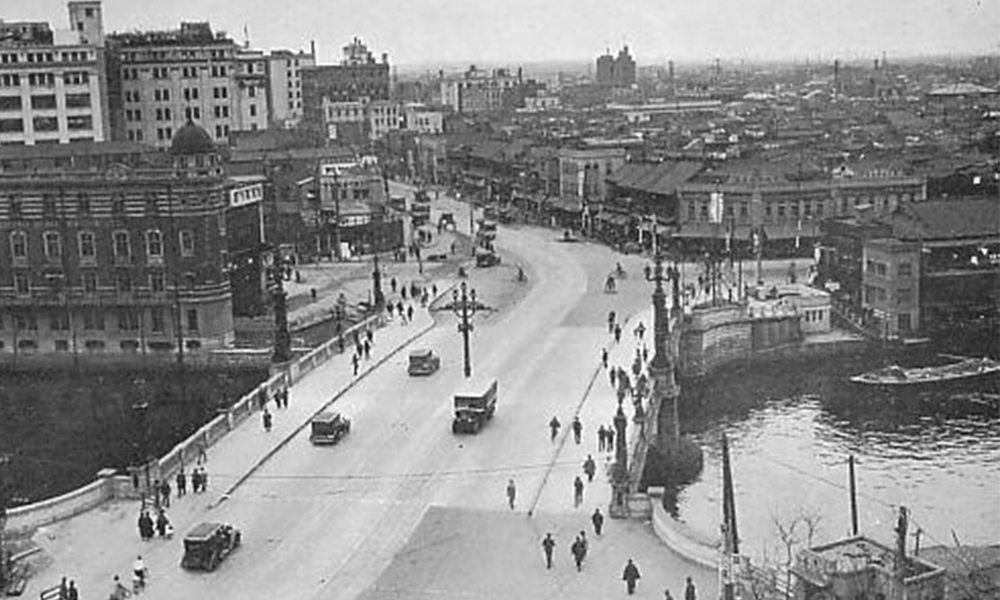
1933年東京 日本橋
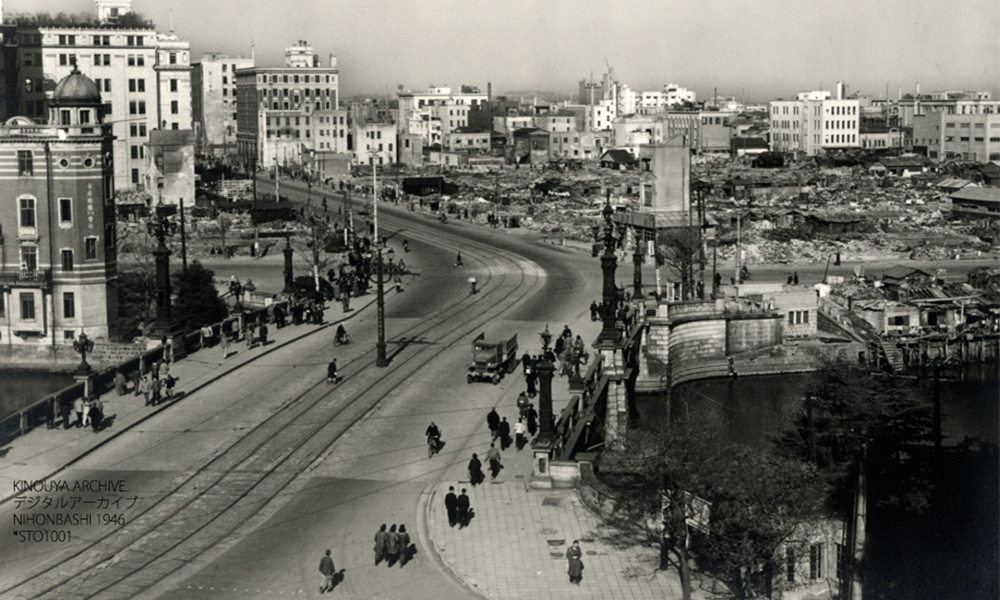
1946年東京 日本橋
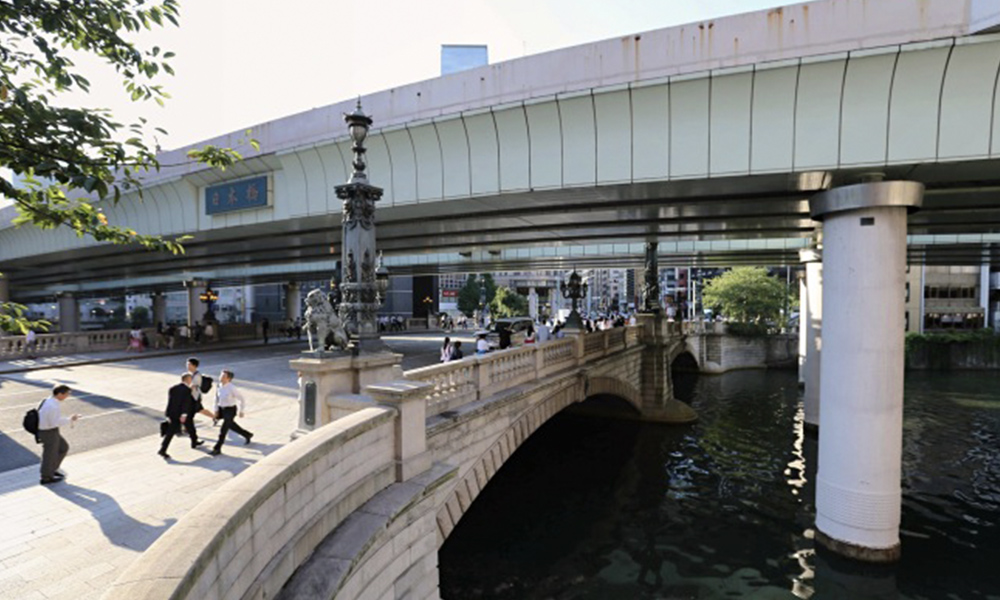
2017年東京 日本橋
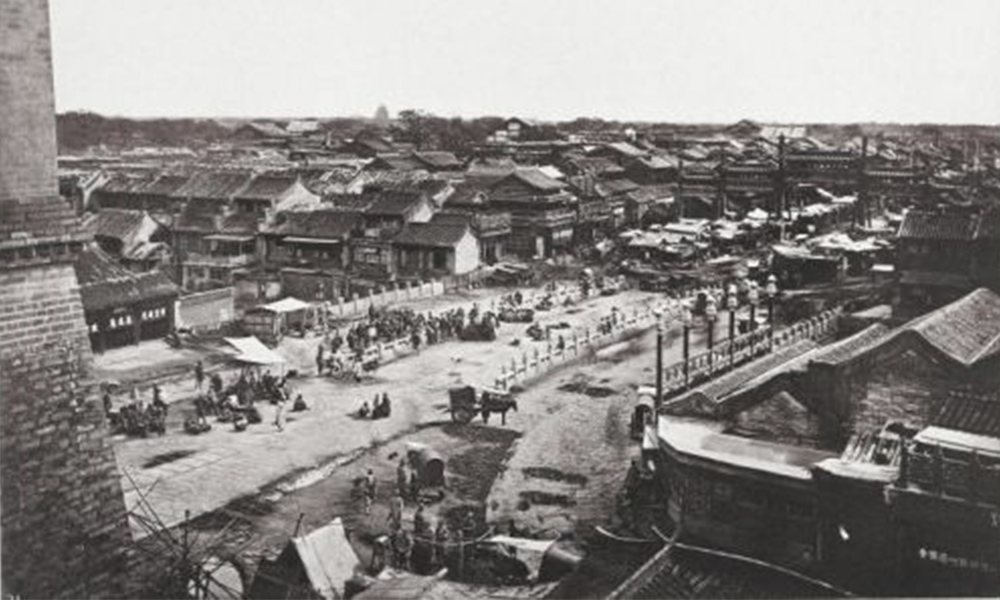
1872年8月〜10月北京 前門
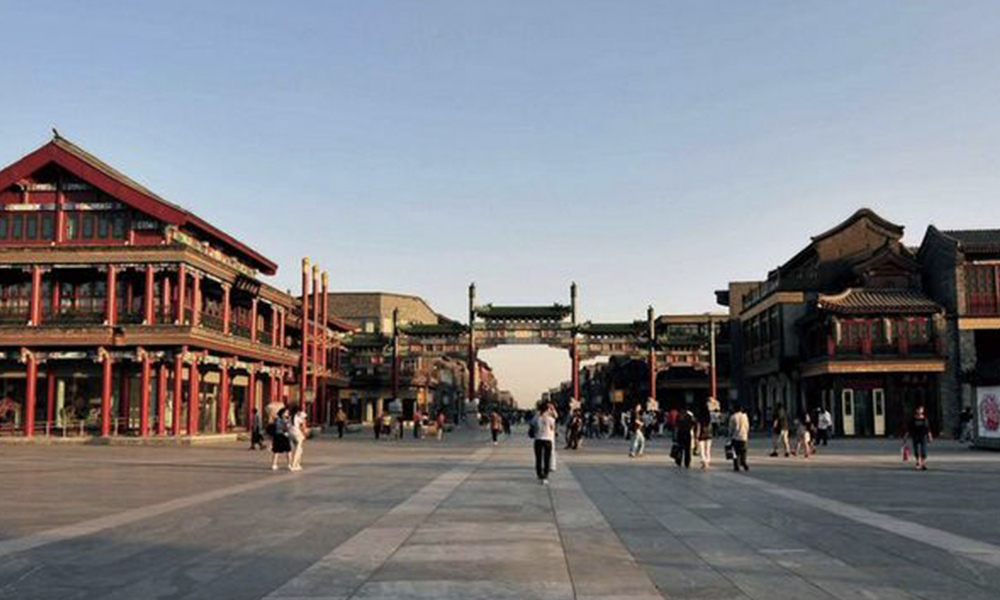
現在北京 前門
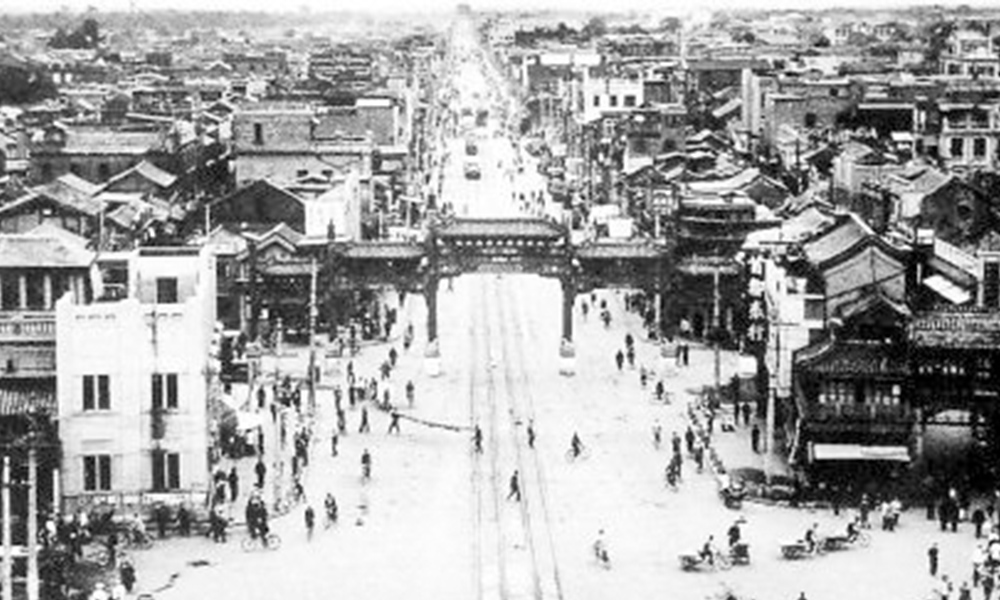
1949年前後北京 前門
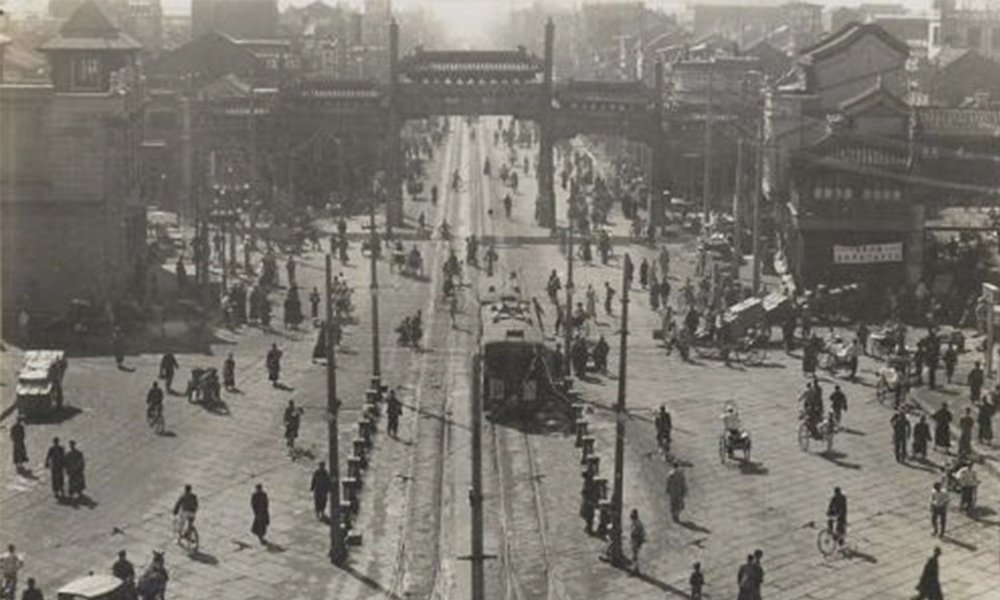
1930年代北京 前門
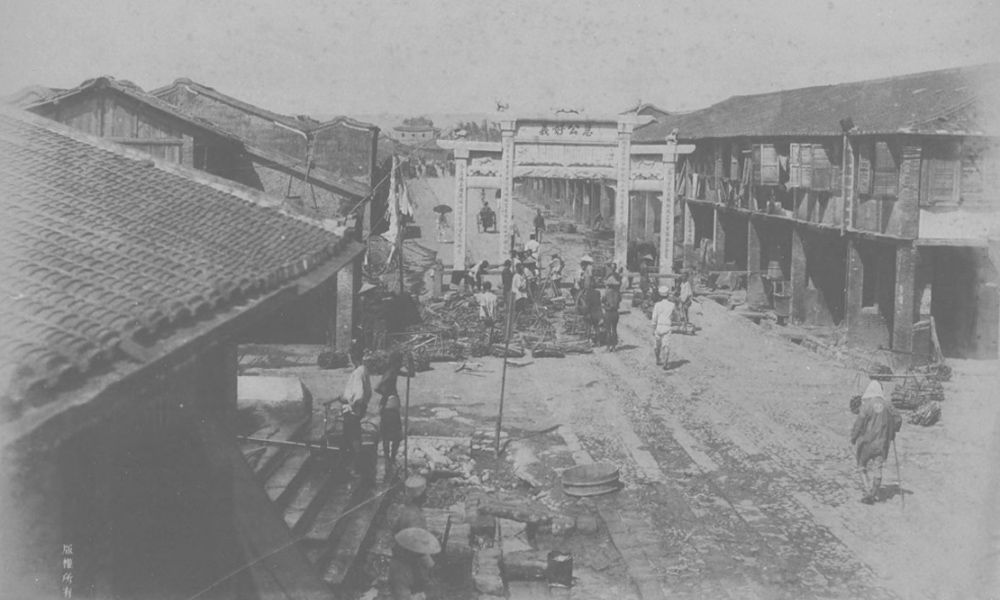
1895年台北 衡陽路
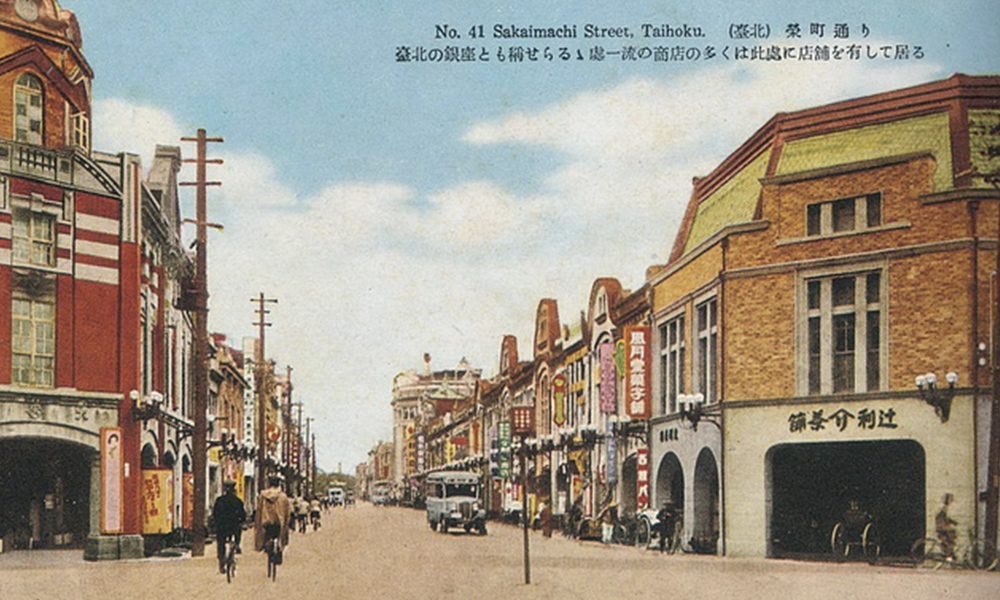
1930年代台北 衡陽路
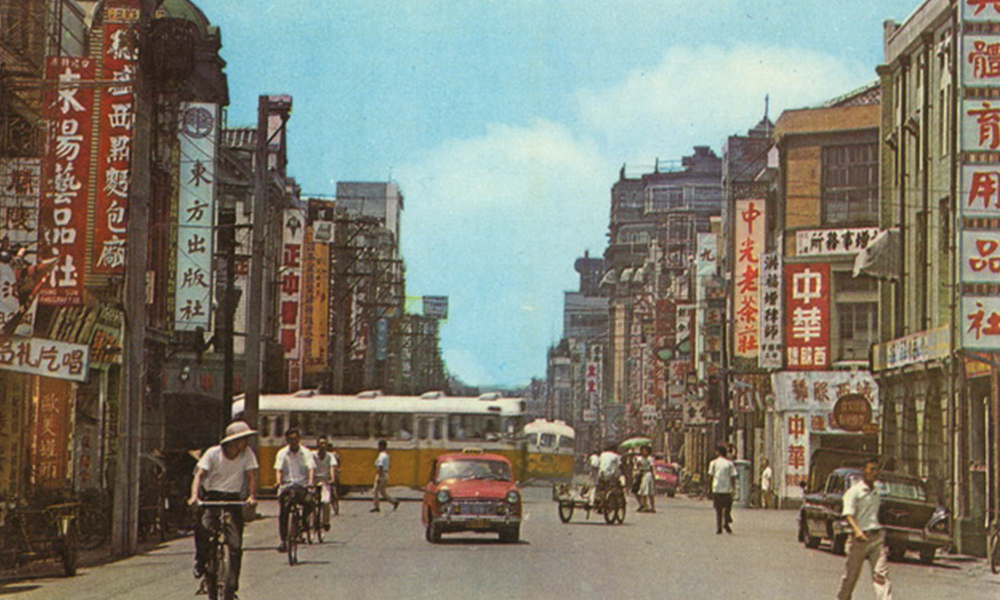
1960年代台北 衡陽路
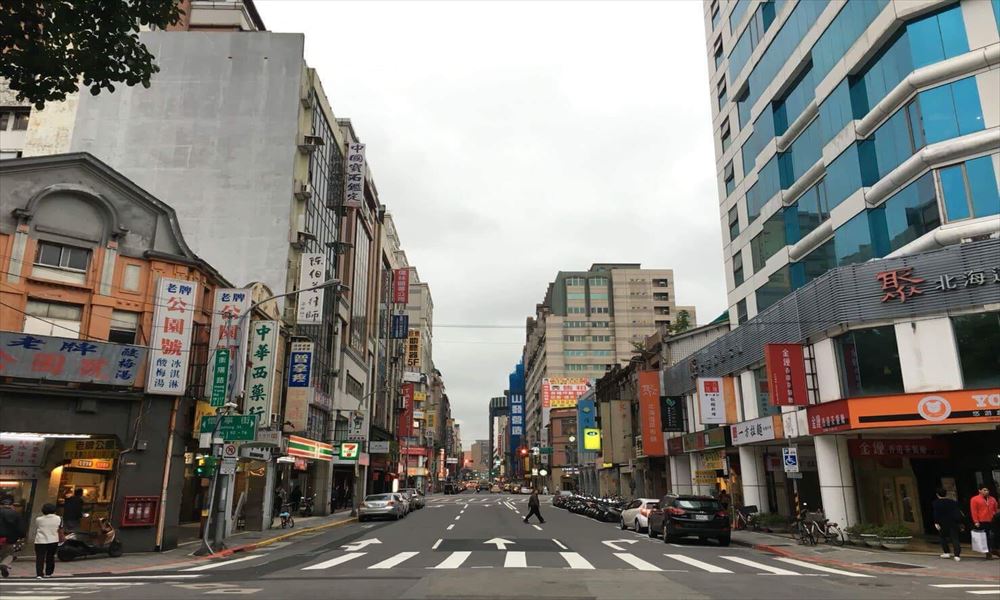
現在台北 衡陽路
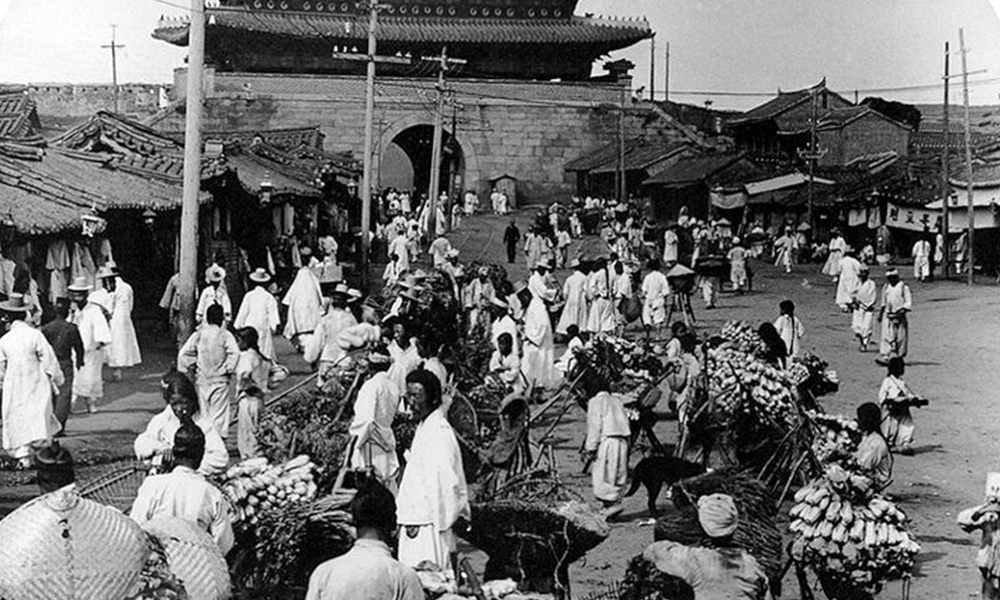
1904年ソウル 南大門
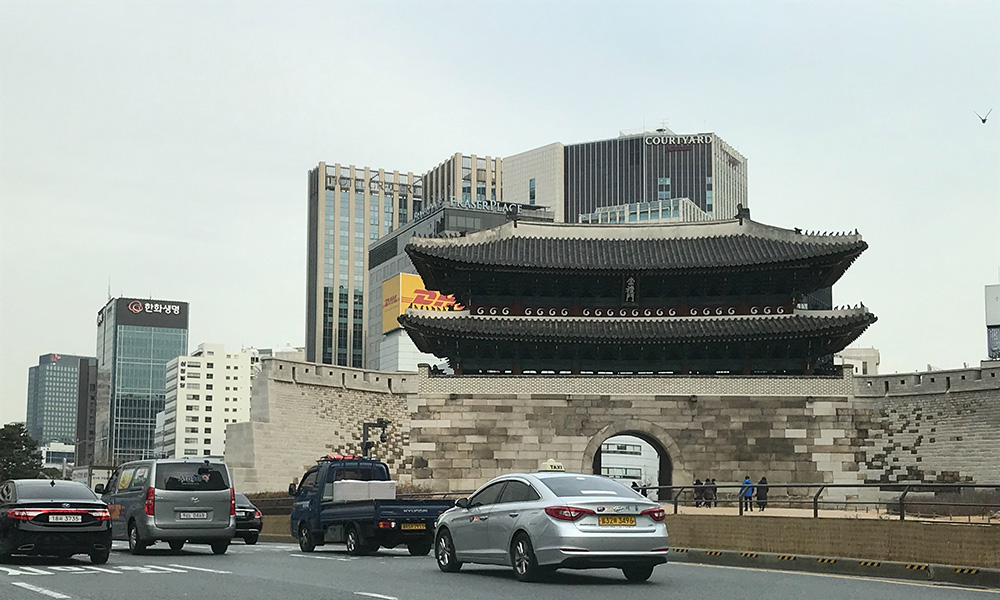
2006年ソウル 南大門
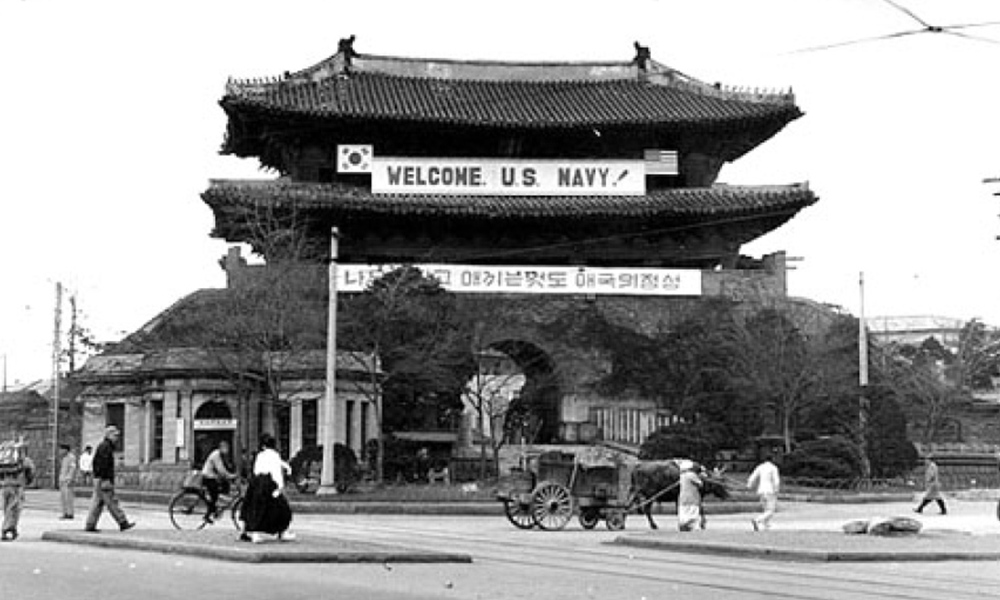
1950年ソウル 南大門
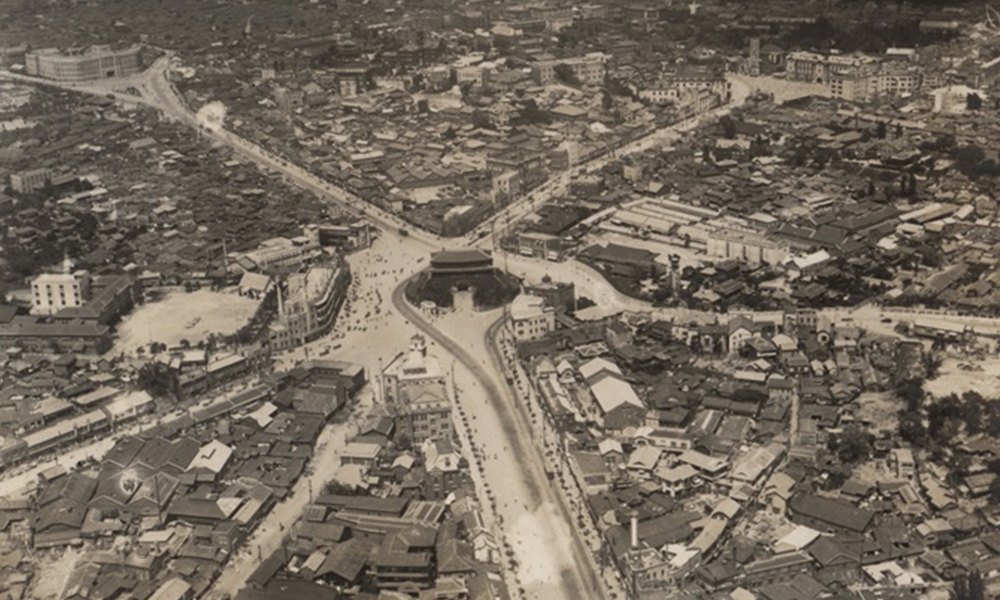
1940年代初ソウル 南大門
以下が、第二回国際和解学会の詳細プログラムです。
The Program of IARS in Tokyo, on 5th-7th in August, 2021
Chair: Prof. Asano Toyomi
(Director of WCRS[The Waseda Center for International Reconciliation Studies] )
“Welcome to Tokyo in a new world”
Keynote speech: Prof. Martin Leiner
(Director of JCRS[Jena Center for Reconciliation Studies], Jena University)
“Researching on Reconciliation in an unreconciled world”
(George Mason University, Jimmy and Rosalynn Carter School for Peace and Conflict Resolution)
“A future vision for Reconciliation: introducing next year IARS conference”
———————-Ten minutes brake————–
Chair: Barak Kushuner (Cambridge University in UK)
Repatriation of German People from Eastern Europe and Reconciliation within Europe
Repatriation of Japanese from Asia and Reconciliation with Asia
Post-war South Korea and Post-war Japan
Discussion: Barak Kushuner
Discussion: Karina Korostelina
———————————–1st day End——————————————————
———————————–2nd day Start——————————————————
Chair: Francesco Ferrari [Post-Doc Research Fellow, Friedrich Schiller University, Jena]
The Irrevocable as Cultural Trauma – and its Impact on Reconciliation
Scare to approach: Mindfulness and Trauma healing in reconciliation processes
Ecology and Spatiality of Reconciliation: the territorialization of life
Discussant:Yoshihiro Nakano (Waseda University)
——————-Ten minutes brake———————————
Chair: Naoyuki Umemori [Prof. Waseda University]
and Theological Seminary in South Korea]
A Touchstone for Reconciliation and Reunification of Two Koreas:Mutual Understanding and Embrace between North Korean Refugees and South Koreans
Challenges of Psychological Integration among North Korean Refugees in South Korea:
Implications for Inter-Korean Reconciliation
Satoru Miyamoto [Prof. Seigakuin UniverNorth Korea’s Worldwide Participation in Wars: Is it possible for North Korea to Reconcile with the US and its ally?
Discussant: Ria Roy [Ph.D candidate in Cambridge University]
Discussant: Jahyun Chun (Associate prof. Yonsei University)
———————–Ten minutes brake————————————————–
Chair: Taihei Okada
Identity-based Approach to Reconciliation
Through Manipulation:How Algeria Used Monopoly on History to Survive to the Civil War?
Factors Affecting Moroccan Reconciliation Initiatives: an Exploratory Investigation
Examine the importance of Turkey’s intervention as part of the international negotiation team to resolve the Azerbaijan-Armenian conflict.
Discussant: Engy Mohamed Ibrahim Said [PhD students in George Mason Univ]
———————–Day2 end —————————————————————–
———————–Day3 Start—————————————————————-
Chair: Binyamin Gurstein [Ph.D Candidate, JCRS]
1 Attila Nagy [Ph.D candidate, JCRS]
Reconciliation as a way to bring justice to future generations, in the EU neighbourhood such as Bosnia and Herzegovina, Kosovo, Ukraine and Nagorno-Karabakh
Post-Soviet Union church separation and reconciliation: Modern Ukrainian state aspect
Reconciliation with Oneself: Process of Self-Reflection in the Controversy over Yasukuni in Postwar Japan
Identity Between Division and Citizenship: The Role of Institutions in Service Provision in Divided Societies
Discussant: Wenting(Florence) Yang
Discussant: Natia Chankvetadze [PhD students in Carter school, George Mason Univ]
———————————–Break—————————————————-
Chair: Karina Korostelina [George Mason University]
Women as Reconciliation Actors : Religion Intersecting Hölderlin Perspective
Germany’s foreign policy of reconciliation: the new and unknown case of Greece
Youth in Conflict-Affected Societies
Discussant: Naomi kraenbring [PhD students in Carter school, George Mason Univ]
Discussant: Naoko Kumagai [Prof. Aoyama Gakuin University]